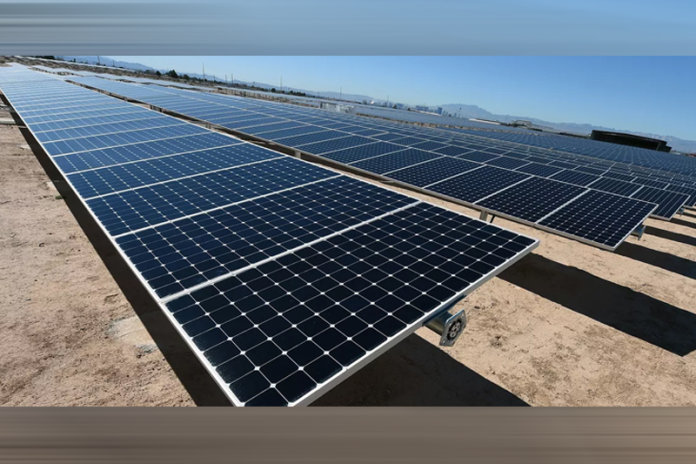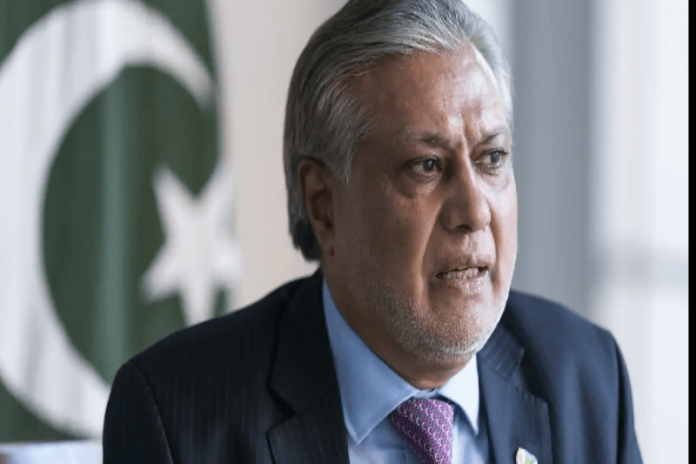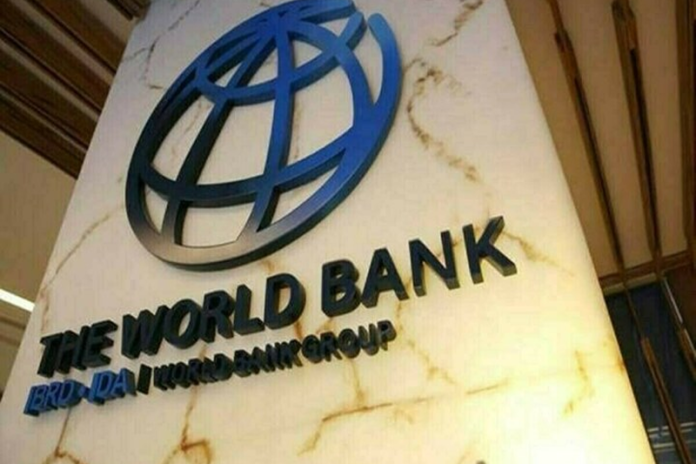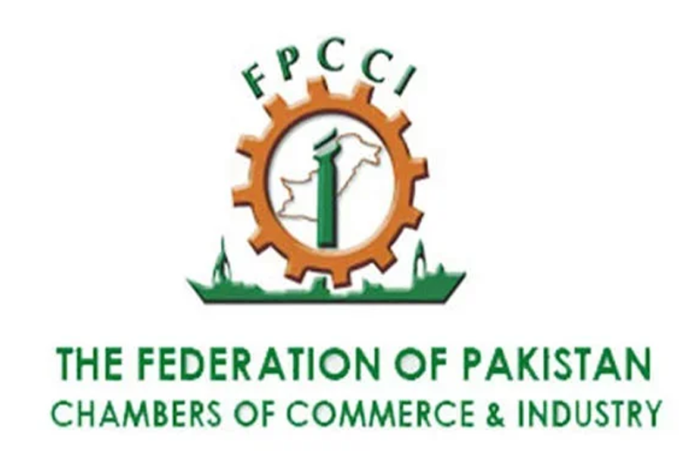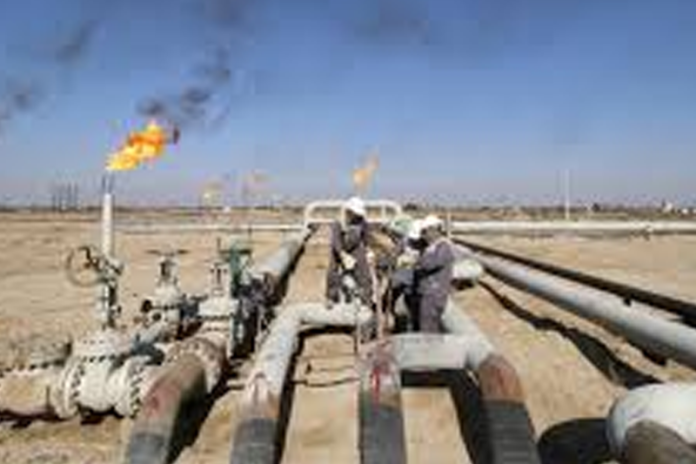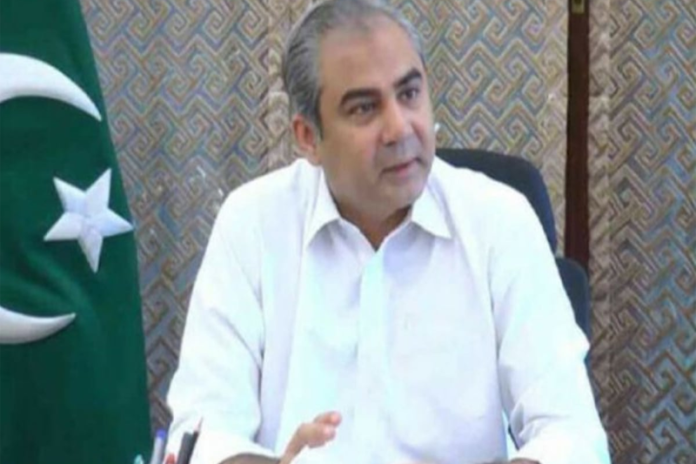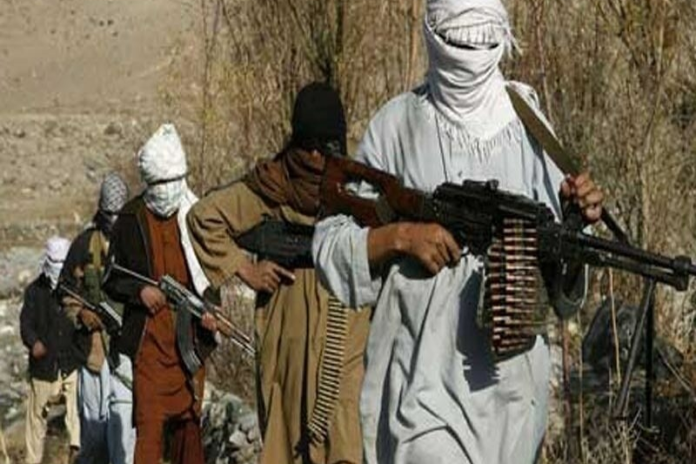Hamdard Shura organises moot titled “Climate Change and Future of Pakistan”

- 123
- 0
KARACHI: Pakistan must reduce 80 million tons of greenhouse gas emissions by 2030 to avoid penalties of billions of dollars in terms of carbon taxes on exports and remittances.
Renowned environmentalist Mian Sohail Hussain expressed this concern at a meeting of the Hamdard Shura Karachi, titled “Climate Change and the Future of Pakistan,” held on February 12, 2025, under the chairmanship of Speaker Shura, Gen (r) Moinuddin Haider. Ms. Sadia Rashid, President of Hamdard Foundation Pakistan, was also present at the meeting.
He said that among greenhouse gases, nitrous oxide is 298 times more harmful than carbon dioxide, posing severe environmental threats. It is also a major contributor to the rising smog and respiratory diseases in Lahore and other urban areas of Punjab. Nearly 50pc of Punjab's trees have been cut down since the government unilaterally withdrew its fuel supply policy for industries. As a result, industries are burning wood to operate boilers. Although gas is now abundantly available, industries continue to rely on wood as a cheaper alternative, leading to ongoing deforestation. This relentless tree cutting poses severe environmental threats and is disrupting the entire ecosystem.
He also said that reducing nitrous oxide emissions allows industries to earn carbon credits, which they can sell to corporations that are unable to lower greenhouse gas emissions due to their operations. These carbon credits help such corporations to gain exemptions from potential legal action. Moinuddin Haider said that Pakistan's contribution to global greenhouse gas emissions is minimal due to its limited industrial activity. With the right strategy, the country can earn carbon credits in return. Pakistan ranks among the top ten countries in natural gas production and has significant undiscovered reserves. However, security concerns have hindered exploration in many areas. While affordable electricity is available in the system, the main challenge lies in the transmission network, which lacks the efficiency and coverage needed to reduce line losses.
Professor Muhammad Rafi stress upon a fact that Pakistan requires a comprehensive, long-term policy to address its worsening environmental conditions. However, effective implementation is only possible if the necessary institutions are established and managed by professionals equipped with the relevant scientific and technical expertise. Justice (r) Zia Pervez, Hamdard Pakistan’s Chief Operating Officer Faisal Nadeem, Zafar Iqbal, Hamdard Foundation Pakistan’s Director Syed Muhammad Arsalan, Deputy Speaker Hamdard Shura Colonel (r) Mukhtar Ahmed Butt, Professor Dr. Tanveer Khalid, Commodore (r) Sadid Anwar Malik, Huma Baig, Dr. Aamir Taseen, Dr. Amjad Jafri, Engineer Ibnul Hassan, Senator Abdul Haseeb Khan and other intellectuals also attended the meeting and expressed their views.













